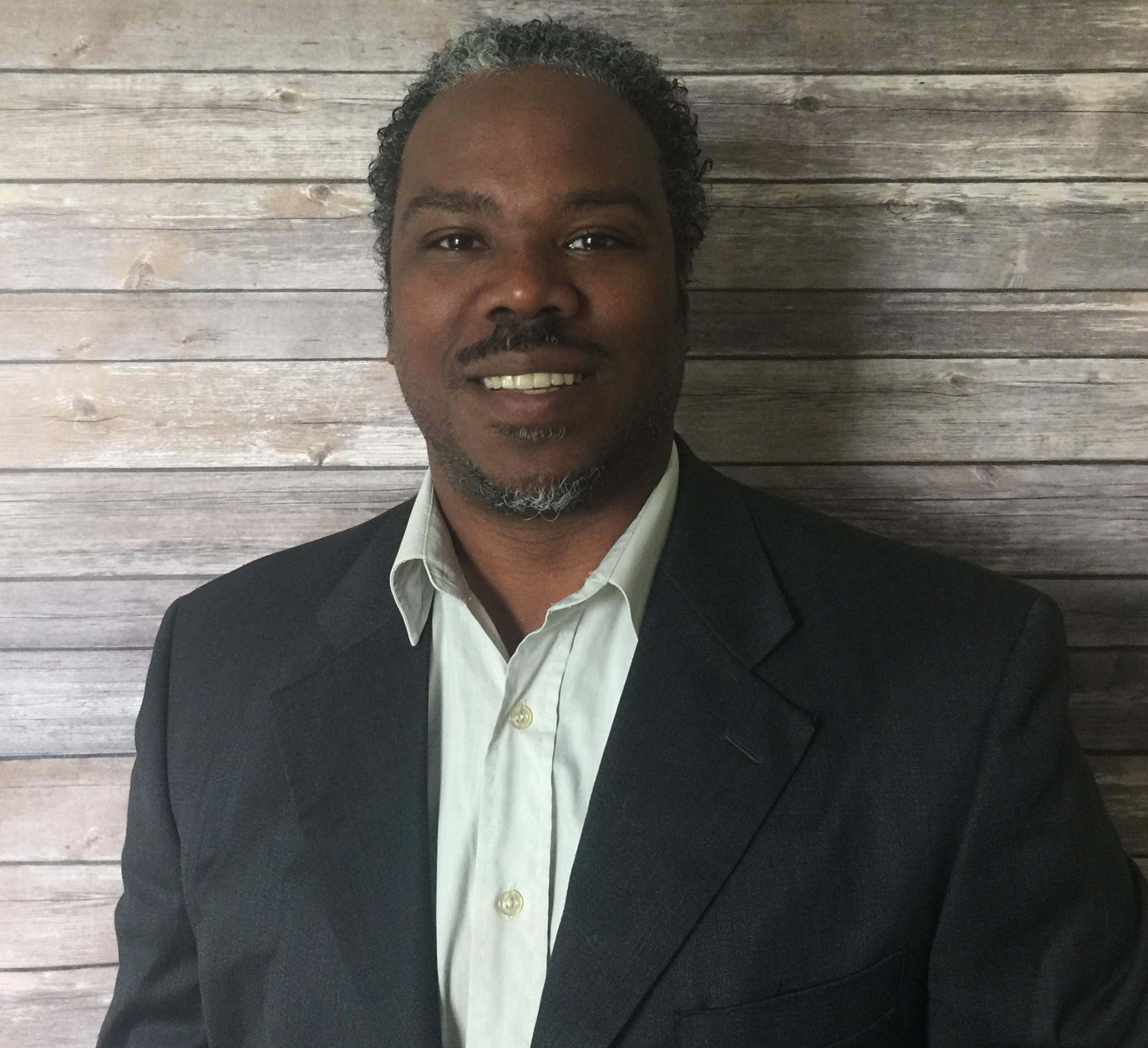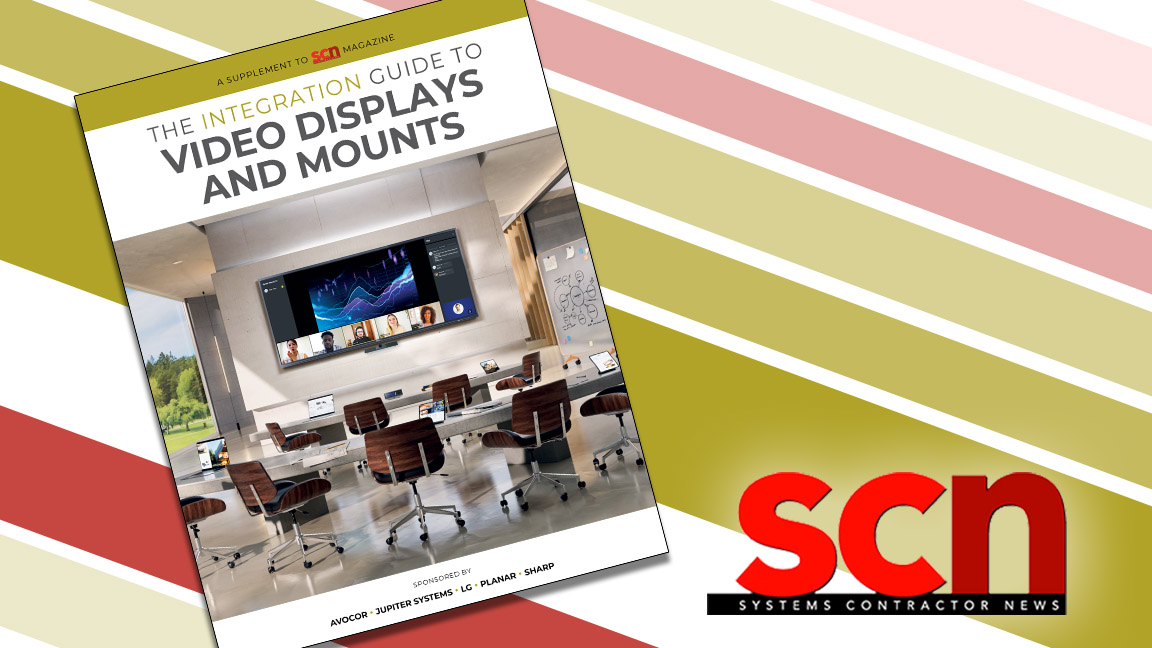Working Effectively with the Next-Gen Workforce

It’s refreshing when I hear positive attitudes about millennials (Gen Y) and the next generation (Gen Z) in the workforce. While each generation brings new challenges and different characteristics to the office, it seems like the millennial generation has acquired a very negative perception from older generations.
Millennials in the workplace are nothing new—in fact, many of us have been in our careers now for close to 10 years. Many of us are in middle or upper management positions, even managing boomers and Generation X. Yet I hear so many organizations still struggle with how to make us “fit in” or how to “figure us out.”
While you can look at the differences in the generations and make the argument that we act and want much of the same, the biggest factor that separates us is how we fear, face, accept, implement, or resist change. The journey of change often starts with a bit of negative impact while trying to reach the positive moving forward. For millennials and Gen Z, change is a natural, expected occurrence—it’s a true constant in our lives. We’re used to it happening, all at a very fast pace. So, as we have established ourselves or are coming into the workforce with our “fantastic ideas” and “super weapons” of digital strength, we are often met with resistance and given stereotypes simply because it involves change to how things have always been done.
How can you positively collaborate with younger generations? Here is some insight on how organizations can turn common negative stereotypes into a company asset, and set their organizations on a path for success in working with the next generations.
Selfish
We can thank social media for this one. Millennials and Gen Z are very aware of their brand and branding potential. Social media gives us the ability to display this individualism, which can look very “me-me.” However, we enjoy sharing our lives and seeing our associates’ lives whether it’s a photo, 140 characters, or a quick video. In the workplace, this can naturally transition into team members wanting to be closer to co-workers in a collaborative space rather than to work in silos.
No Loyalty
Millennials and Gen Z are a very purpose-driven generation. Early in their careers, they are trying to find organizations that align with what they believe is their purpose. Once they find this purpose and align with the right organization, magic happens. Organizations have to be true to the cultures and brand message they preach in order to try to retain these generations. Chuck Wilson’s multi-question hiring matrix described in the article “Empowering Millennials for Workforce Success” [from the August 2017 issue of SCN] is an excellent guide to use for hiring managers to have conversation and evaluate millennial and Gen Z candidates to make sure they align as a long-term candidate in your organization.
Lazy
I have lived by the motto work smarter, not harder, and because of this, I often describe myself as lazy. I work very hard but how I work is even more important—I work efficiently. Millennials and Gen Z are out to make the world more effective and better than the one their parents grew up in. Next time you see someone upset about the hard work, ask yourself (and them!) if this is the most efficient manner. You may just get some innovation out of the collaboration.
A daily selection of the top stories for AV integrators, resellers and consultants. Sign up below.

Sensitive Snowflakes
Why do companies think we hate criticism or are sensitive to everything? It’s because too many companies still wait until annual reviews to give career feedback. Waiting nine months after your initial probation period only to hear what you’re doing is wrong sucks and is a waste of a lot of time for everyone. So feel comfortable telling us what you think, just remember to include why, how, and when things need to change.
Entitled
Okay this one maybe true … but in our defense, we’ve grown up with the greatest technological tools the world has ever seen. The speed at which we can access information definitely makes it feel like we have super powers to think, act, and work faster than prior generations. The truth behind this is that we are not scared of failure and don’t think things need to be perfect to make it work. Just look at how software and apps are developed with the rise of agile/scrum thinking! To benefit from this, organizations should use this generation to better themselves through R&D feedback. We like sharing our opinion of how things could be better and constructing an environment in which we are allowed to do so makes us feel like part of the solution.
The key to all of this is to learn and understand each other. Know your whys, over-communicate if you have to, be open-minded, and have patience. With these tools in your pocket, success will happen—together.
Wallace Johnson, CTS, is a live event audiovisual business consultant with over 20 years of experience in the pro AV industry. He is the recipient of AVIXA’s 2017 Young AV Professional Award, and, in 2018, the first African American elected to AVIXA’s board of directors in over 25 years.
